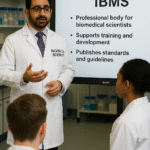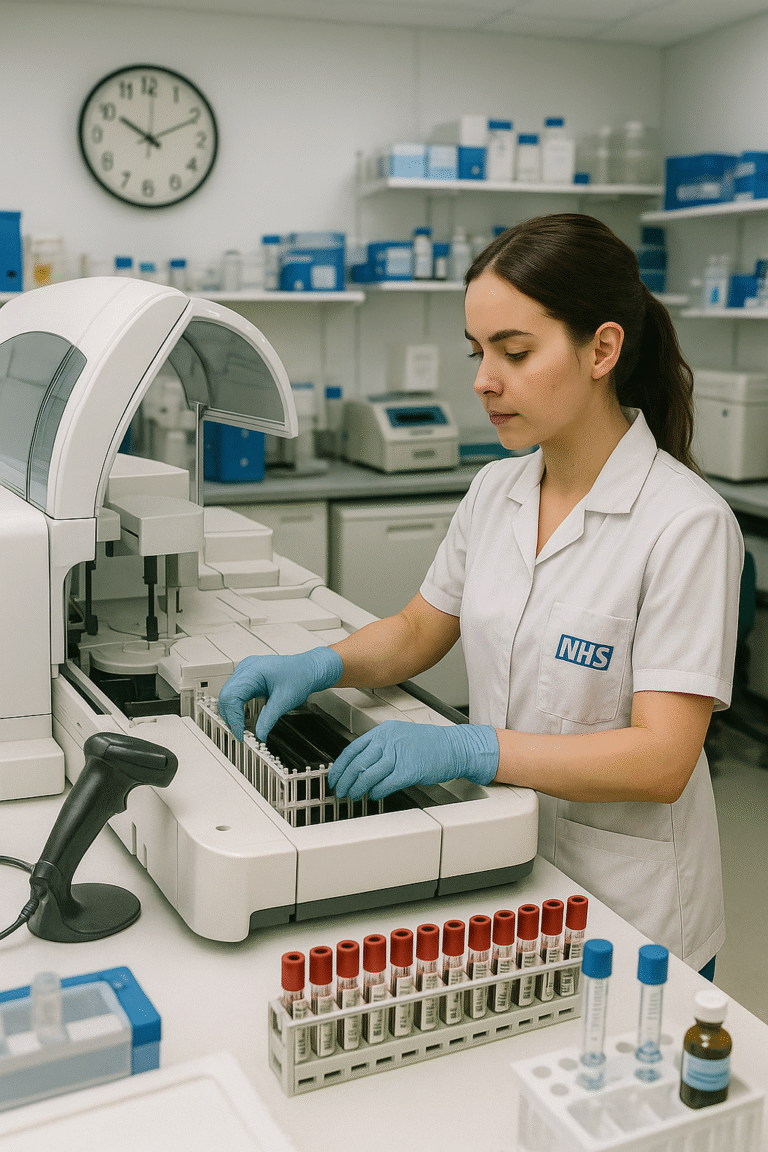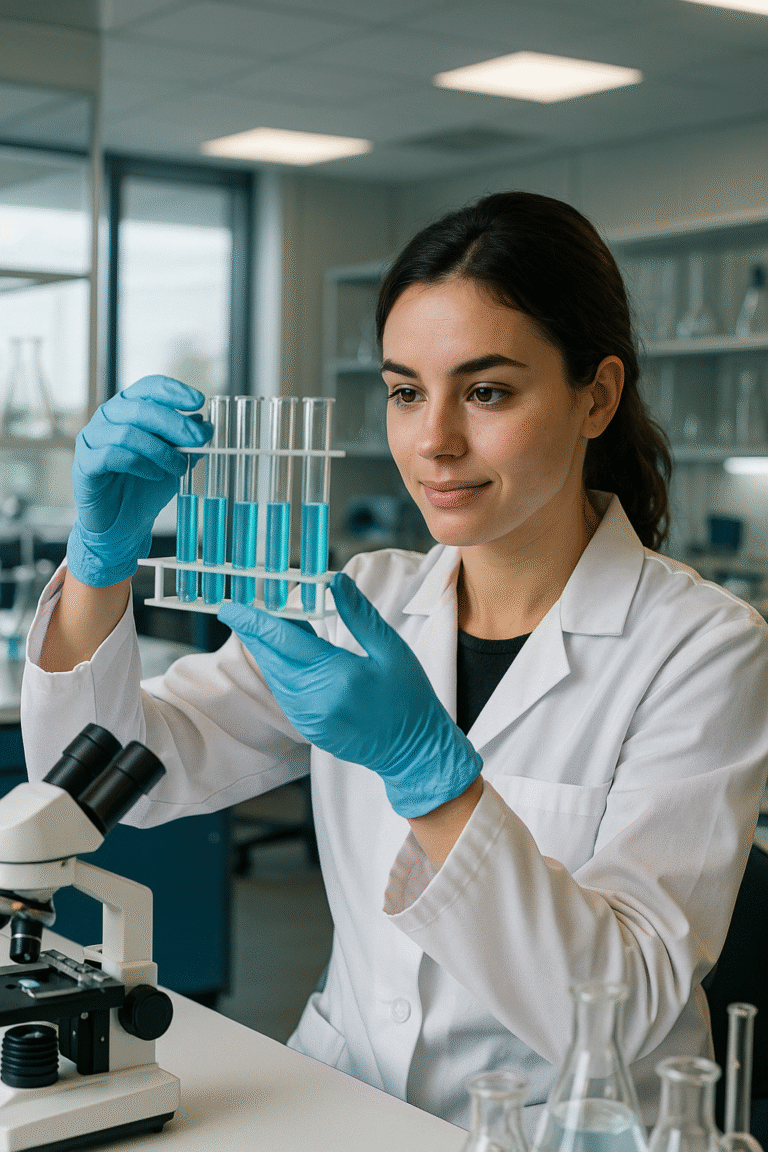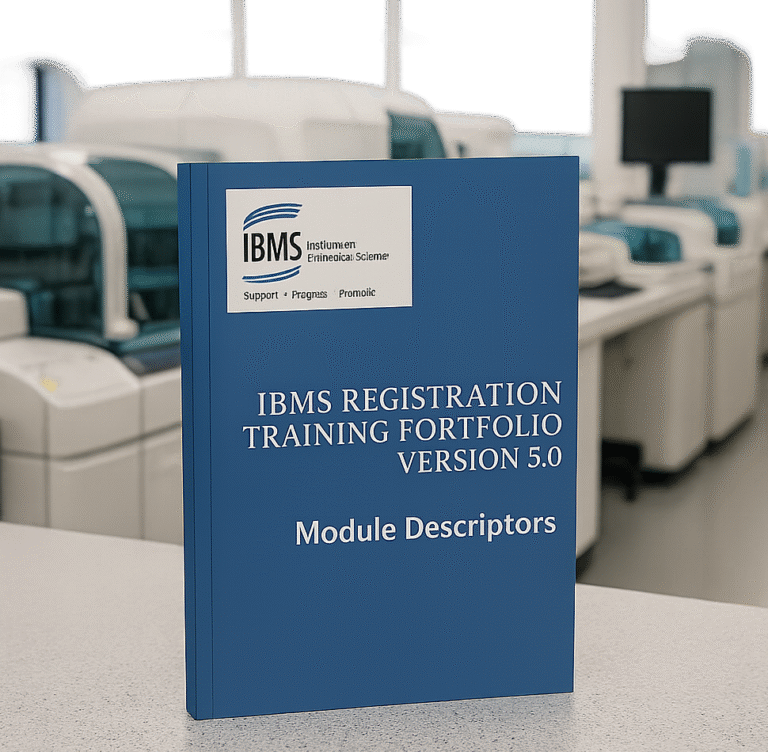Thinking of a career in healthcare but prefer the lab over the ward?
Biomedical Scientists play a vital role in diagnosing and monitoring disease — all behind the scenes. In this post, we explore why choosing biomedical science as a career in the NHS is not only rewarding but also offers job security, professional development, and real impact on patient care. Perfect reading for students deciding on university courses or exploring healthcare science careers.
By Ayyaz Ahmad | LabPathPro.com
Choosing a university course is one of the biggest decisions you’ll make as a student — and with so many options available, it can feel overwhelming. If you’re drawn to science, healthcare, and making a real difference behind the scenes, a career as a Biomedical Scientist in the NHS might just be the rewarding path you’re looking for.
In this blog post, I’ll share why biomedical science is more than just a degree — it’s a profession that combines scientific expertise with real-world impact.
What Does a Biomedical Scientist Do?
Biomedical Scientists work in hospital and reference laboratories, analysing blood, tissue, and fluid samples to help diagnose and monitor diseases. They play a critical role in patient care — often working quietly behind the scenes, but providing results that doctors rely on to make life-saving decisions.
You might work in areas such as:
- Clinical Chemistry
- Haematology
- Microbiology
- Immunology
- Blood Transfusion
- Histopathology
Why is It a Rewarding Career?
1. You Make a Real Difference
While you may not interact with patients directly, your work has a direct impact on their diagnosis, treatment, and recovery. Every sample you analyse contributes to someone’s health journey.
“Behind every test result is a patient waiting for answers.”
2. Strong Job Security and Career Progression
Biomedical Scientists are in steady demand across the UK, especially within the NHS. Once registered, you can progress through structured NHS Bands (Band 5 to Band 8+), specialise further, or move into management, education, or research.
3. A Career That Evolves With You
You can continuously develop through CPD (Continuing Professional Development), complete IBMS Specialist Portfolios, and even go on to complete a Master’s or Doctorate — all while working.
4. Variety in Day-to-Day Work
No two days are the same. From operating high-tech analysers to troubleshooting results and implementing quality procedures, biomedical science is as hands-on as it is intellectually stimulating.
5. You Become Part of a Professional Community
Biomedical Scientists in the UK are regulated by the HCPC (Health and Care Professions Council) and supported by the IBMS (Institute of Biomedical Science). You’re not just doing a job — you’re joining a respected, science-led profession.
Considering Your University Course?
If this sounds like the right path for you, here’s what to look for:
- Choose an IBMS-accredited degree in Biomedical Science — this is essential for HCPC registration later on.
- Consider courses with a placement year in a clinical laboratory — this gives you real-world experience and a major advantage after graduation.
- Look into universities with strong links to NHS hospitals or pathology networks.
Final Thoughts
If you’re passionate about science, driven by curiosity, and want a meaningful career in healthcare, biomedical science offers a rewarding and respected path.
It may not be as visible as doctors or nurses on the hospital floor, but it’s no less vital. Biomedical Scientists are at the heart of diagnostics and patient care — and the NHS simply couldn’t function without them.
Sign up for free class
It’s easy and free!










